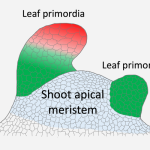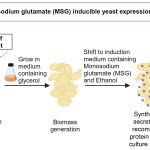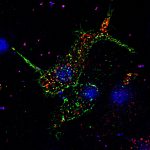Translation, or protein synthesis, is the final step in the central dogma of molecular biology, where an mRNA carrying information from DNA synthesises proteins. It is an indispensable process that is performed by almost all living cells. An exception where translation was believed to be absent is red blood cells (RBCs). Now, a team led by Sandeep M Eswarappa in the Department of Biochemistry has shown that mature human red blood cells can also make their own proteins.
Although initially thought to be mere ‘bags of proteins’, RBCs are metabolically active and harbour a wide repertoire of mRNAs, microRNAs, and other long non-coding RNAs. Using advanced labelling and imaging techniques, the researchers have discovered proteins being actively synthesised in these cells too.
This study opens up new avenues to treat diseases caused by abnormal haemoglobin, called haemoglobinopathies. Currently, the treatment for these disorders includes targeting blood cells from the bone marrow, which can be very challenging. By focusing on the translation process in these cells, researchers can now regulate protein expression directly, making it easier to develop new therapeutic strategies for such disorders.






